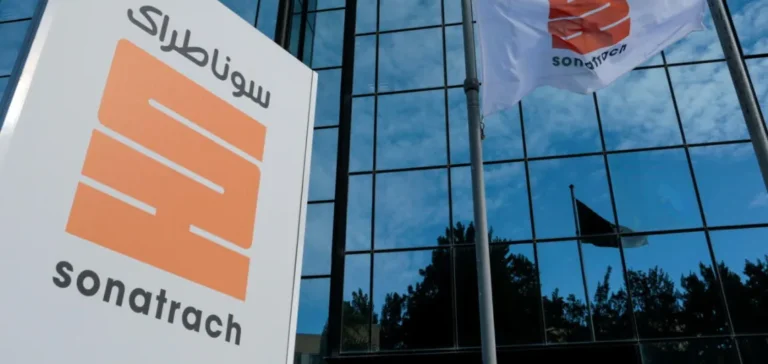Algerian state-owned oil company Sonatrach has resumed drilling operations in the Ghadames Basin, located in western Libya near the Algerian border. The restart follows more than ten years of suspension due to regional security instability. Activities resumed in mid-October in contractual area 95/96, according to a statement by Libya’s National Oil Corporation (NOC).
Strategic return to a high-potential basin
The exploration well being reactivated by Sonatrach is situated approximately 100 kilometres from the Wafa oil field. The company plans to drill to a final depth of 8,440 feet. This operation is part of a series of recent initiatives under a national programme to redeploy energy capabilities led by the Tripoli-based authorities.
In 2013, Libya’s Ministry of Oil and Gas announced a commercial discovery on this same block operated by Sonatrach. Preliminary estimates indicated a potential output of 8,200 barrels of crude oil per day, along with 1,700 cubic metres of natural gas. These findings were interrupted when operations were suspended in spring 2014.
Libya’s oil sector seeks revitalisation
Since early 2025, the Government of National Unity has launched an oil sector recovery plan estimated between $3bn and $4bn. The strategy includes the return of foreign players, including Italian group Eni, which resumed offshore exploration work off Libya’s north-western coast.
At the same time, consultations were opened with major companies such as ExxonMobil and Chevron for the development of new blocks and the upgrade of existing production fields. In April, Libya also launched its first oil tender in 17 years, aimed at attracting new international investors.
Still a fragmented operating environment
Despite these efforts, Libya remains politically divided between two rival governments. One is based in Tripoli and internationally recognised, while the other operates from Benghazi under the control of General Khalifa Haftar. This fragmentation continues to weigh on the long-term outlook for the sector.
With an estimated 48 billion barrels of proven reserves, Libya remains one of Africa’s key potential oil producers. Restarting stalled projects could help stabilise regional supply, provided security and governance conditions remain under control.






















